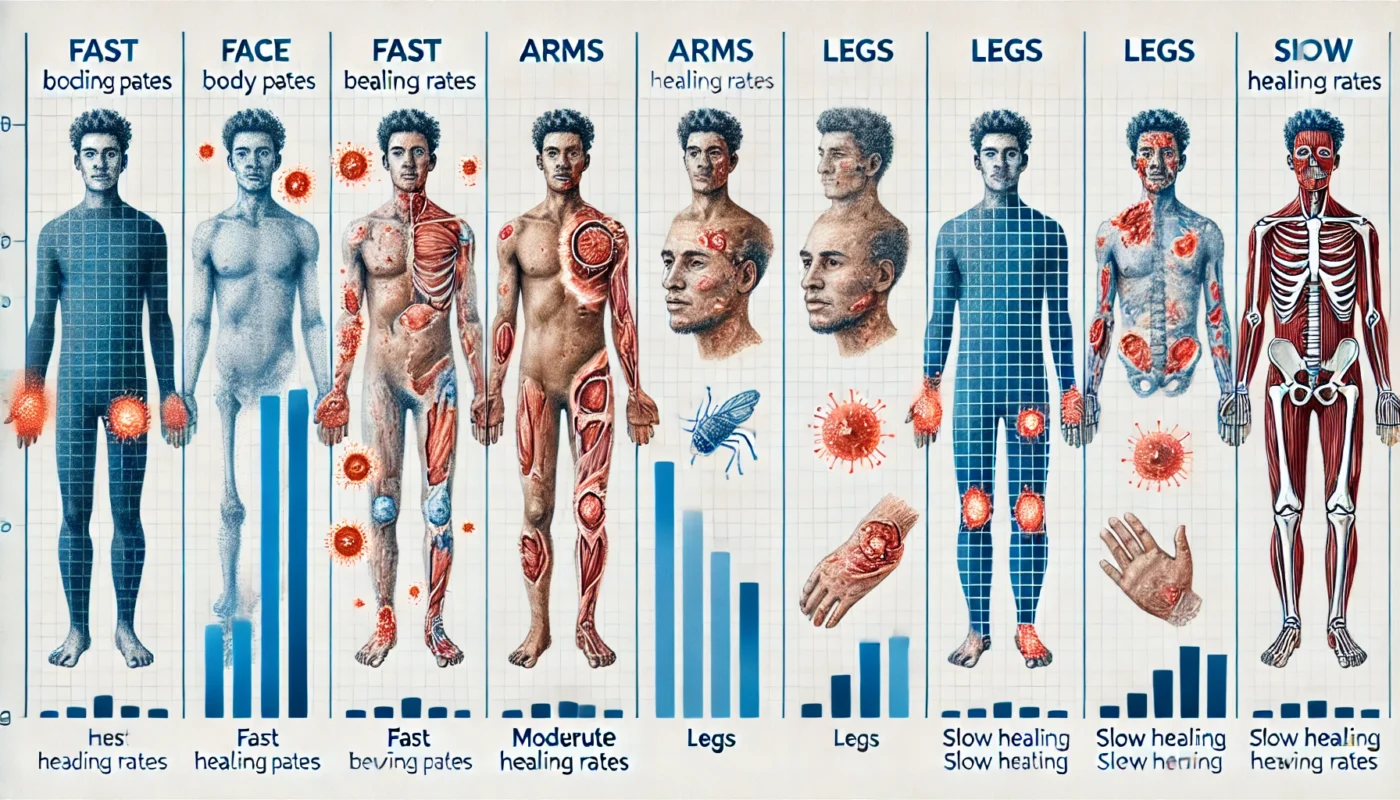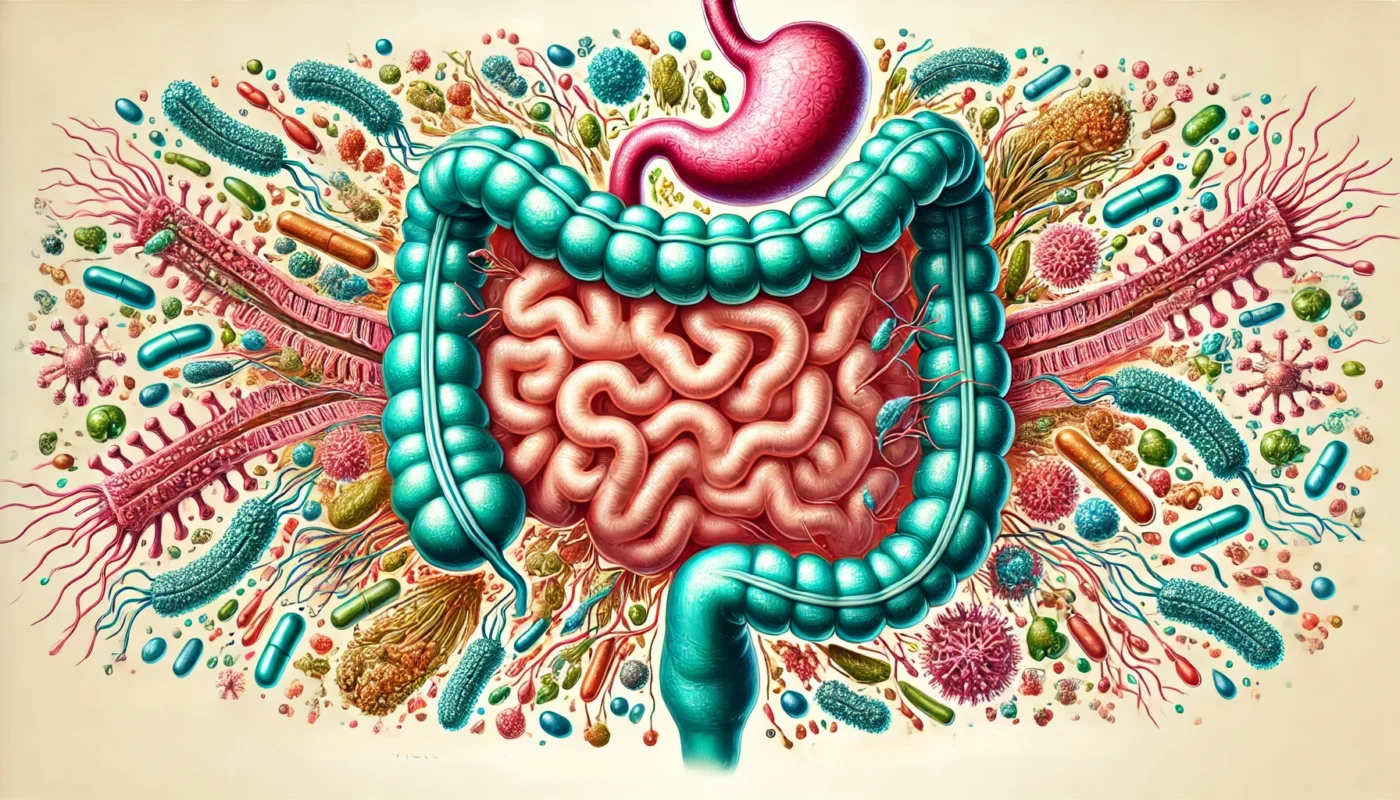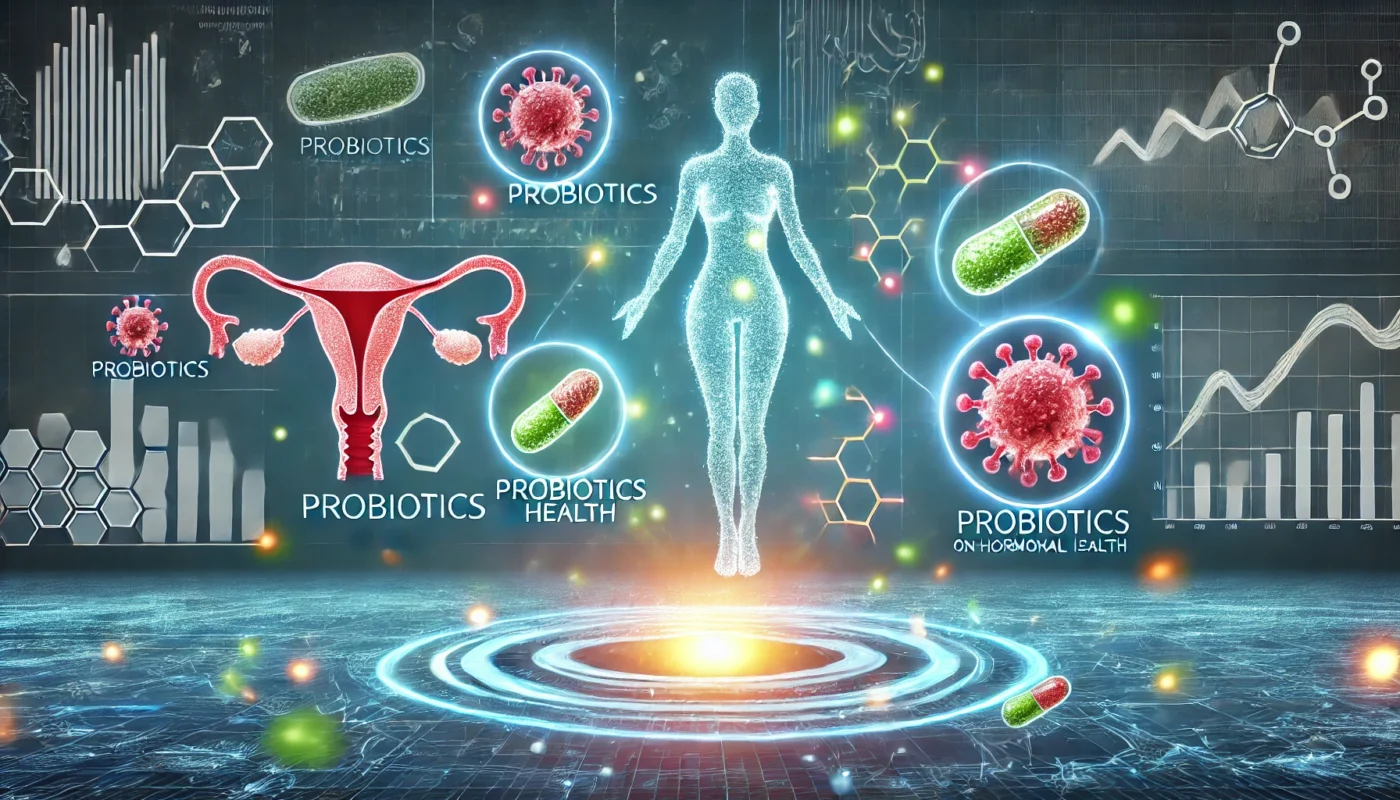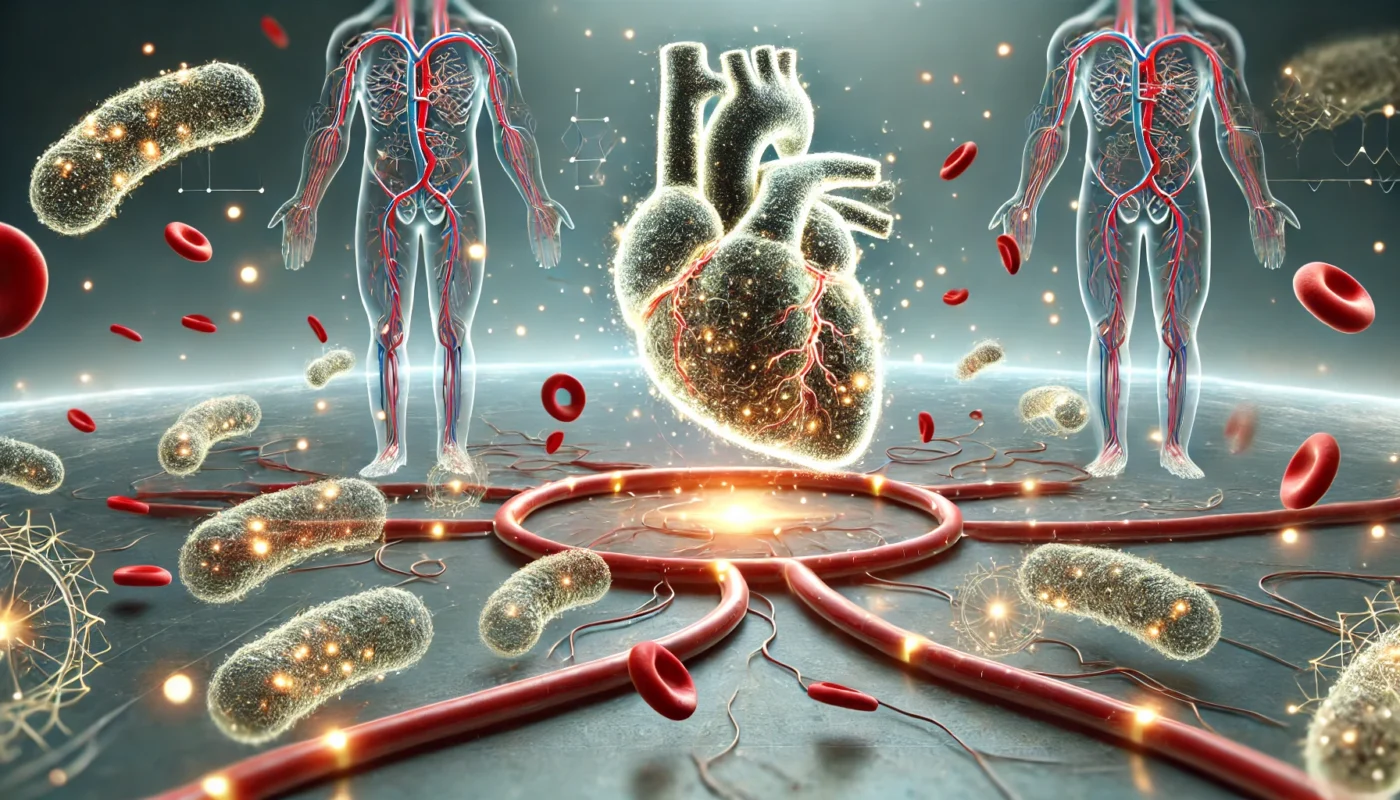Honey is not just a sweet treat; it has been revered for its healing properties for thousands of years. This section explores the historical and scientific foundations of honey’s medicinal uses.
Tag Archives: Prebiotics
Understanding the healing rates of different body parts can be crucial for fitness enthusiasts, health enthusiasts, and medical patients alike. Whether you’re recovering from an injury, managing a health condition, or simply curious about the human body’s capabilities, knowing which parts heal the fastest can guide your approach to recovery and wellness. This exploration delves into the scientific nuances and offers practical advice on optimizing healing.
Before discussing probiotics, it’s essential to grasp the intricacies of autoimmune diseases. These conditions, such as rheumatoid arthritis, lupus, and multiple sclerosis, involve the immune system misidentifying its own tissues as threats, leading to chronic inflammation and tissue damage. The gut microbiome, a complex ecosystem of bacteria residing in the digestive tract, plays a crucial role in regulating the immune response. An imbalance in this microbiome, known as dysbiosis, is often linked to autoimmune conditions.
Estrogen is a vital hormone in both men and women. It plays a significant role in numerous bodily functions. However, an excess of estrogen can lead to health complications, including hormonal imbalances and certain types of cancer.
This is where estrogen reducing supplements come into play. They can help balance hormone levels, potentially mitigating the risks associated with high estrogen. But understanding these supplements and their effects can be a complex task.
Our goal is to simplify this for you. We aim to provide a comprehensive understanding of the various supplements available that can help reduce estrogen levels. We’ll delve into how these supplements work, their potential benefits, and considerations for their use.
Hypertension, commonly referred to as high blood pressure, is a major public health concern and a leading contributor to cardiovascular diseases, stroke, and kidney failure. Traditional approaches to hypertension management include dietary modifications, physical activity, and medications. However, emerging research suggests that the gut microbiome—the diverse community of microorganisms residing in the human digestive tract—may play a pivotal role in blood pressure regulation. This article explores the science behind microbiome-based therapies, including the potential of probiotics and other microbiome-targeted interventions, to determine whether these approaches represent a credible new frontier or mere speculation.
Hormones play a crucial role in our bodies. They act as chemical messengers, regulating a myriad of physiological processes.
However, maintaining a balanced hormonal environment can be challenging. Imbalances can lead to various health issues, from mood disorders to metabolic problems.
Enter probiotics. These live microorganisms, when consumed in adequate amounts, can provide significant health benefits. One of these benefits is their potential role in hormone regulation.
This article will delve into the science behind probiotics and their impact on our hormonal health. We’ll explore how these beneficial bacteria can influence our body’s hormonal environment, and how they can be incorporated into our wellness routines.
We’ll also discuss the best probiotics for hormonal imbalance and the potential benefits of hormone balance tablets. Our goal is to provide you with a comprehensive understanding of this fascinating topic, empowering you to make informed decisions about your health.
Hypertension, commonly referred to as high blood pressure, is a leading global health concern, affecting more than 1.28 billion adults worldwide, according to the World Health Organization (WHO). While its causes have traditionally been attributed to genetic predisposition, diet, lifestyle, and environmental factors, emerging research highlights the role of gut microbiota as a significant contributor to blood pressure regulation. Gut microbiota—the trillions of microorganisms residing in the gastrointestinal tract—play an intricate role in maintaining overall health, influencing metabolic, immune, and cardiovascular functions. This article delves into the emerging evidence linking gut health and hypertension, explores the underlying mechanisms, and discusses future therapeutic possibilities targeting the gut microbiota.







